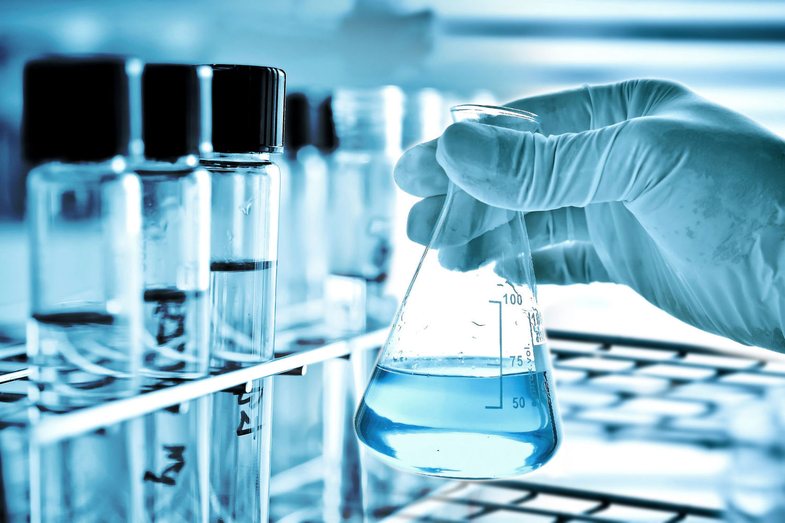
Scientists have created mice with two biological fathers by generating eggs from male cells. This new development could pave the way for treatments for severe forms of infertility, as well as increase the prospect of same-sex couples being able to have a biological child together in the future.
"This is the first case of creating mammalian oocytes from male cells," said Katsuhiko Hayashi, who led the work at Kyushu University in Japan and is internationally recognized as a pioneer in the field of lab-grown eggs and sperm.
Hayashi predicts that it will be technically possible to create a viable human egg from a male cell within a decade. Previously, scientists have created mice that technically had two biological fathers through many steps, including genetic engineering. However, this is the first time viable eggs have been created from male cells and marks a significant advance.
"Just technologically, it will be possible [in humans] in 10 years," he said, adding that he would personally favor the technology being used clinically to allow two men to have a child, if it was proven to be a safe procedure.
The technique could also be applied to treating severe forms of infertility, including women with Turner syndrome, in which one copy of the X chromosome is missing or partially missing, and Hayashi said this was the main reason for the research.
The young mice are healthy, have a normal lifespan and reproduce. He and colleagues are now trying to replicate the creation of lab-grown eggs using human cells.





